12, September 2024
Cameroon sees 19% boost in investments for 2023 0
Businesses in Cameroon increased their investments by 19% in 2023, according to a report released on September 10 by the National Institute of Statistics (INS). However, despite this rise, the deterioration of production equipment continues, increasing from 59.6% in 2022 to 60.1% in 2023, the document noted.
This means that even though companies put more money into their operations in 2023, —up from a 13% increase in 2022—most of the equipment used for production is still in bad shape. This ongoing issue, often due to maintenance problems, usually leads to lower productivity and various economic problems like decreased sales, shortages, and temporary job losses.
On a positive note, 2023 saw the highest level of investment spending since the recovery began in 2021, following a slowdown between 2018 and 2020. The COVID-19 pandemic, particularly in 2020, caused major disruptions globally due to lockdowns.
Bank Loans Driving Investment
The rise in investment was mainly driven by businesses in two key sectors. The INS report highlights that investments in the primary sector (up by 86.9%) and the secondary sector (up by 36.9%) were particularly strong. This trend is also reflected in a foreign trade report released on May 4, 2024, which shows a 26% increase in spending on imported equipment and machinery in 2023 compared to the previous year.
“Mechanical and electrical equipment are essential for the country’s economic growth. Imports of these items made up 13.2% of all import spending in 2023, totaling CFA656 billion, which is a 26.5% increase from 2022. This demonstrates Cameroon’s commitment to improving its technological capabilities,” the report noted.
Furthermore, this surge in investment came alongside an increase in medium- and long-term bank loans, which are better suited for funding infrastructure and production projects. According to the 2023 activity report from the Bank of Central African States (BEAC), medium-term loans in Cameroon grew by 4.9% from 2022 to 2023, while long-term loans saw a significant 48.2% increase during the same period.
Source: Business in Cameroon
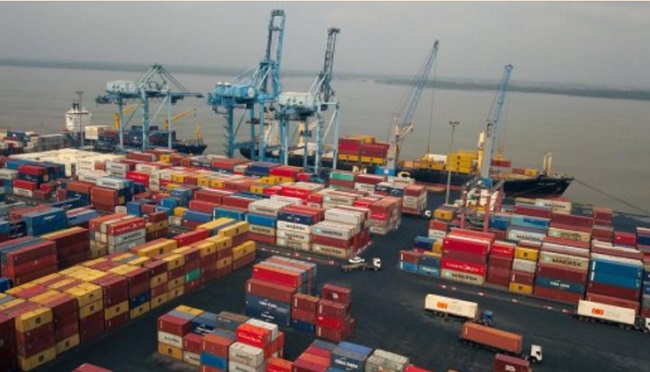
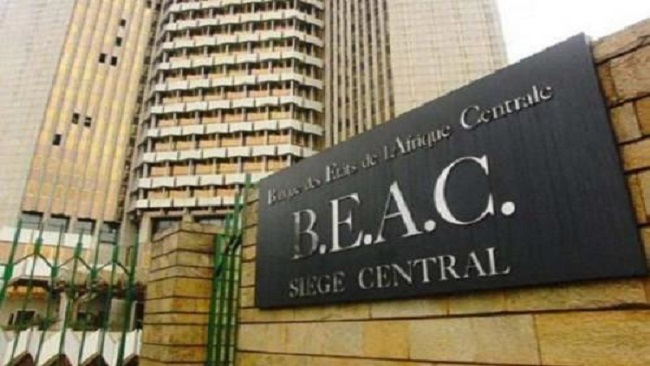


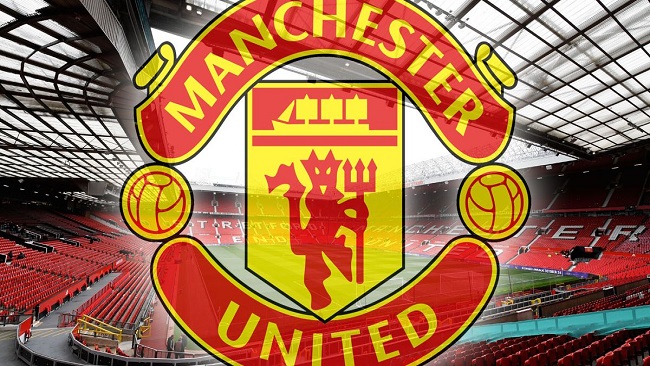

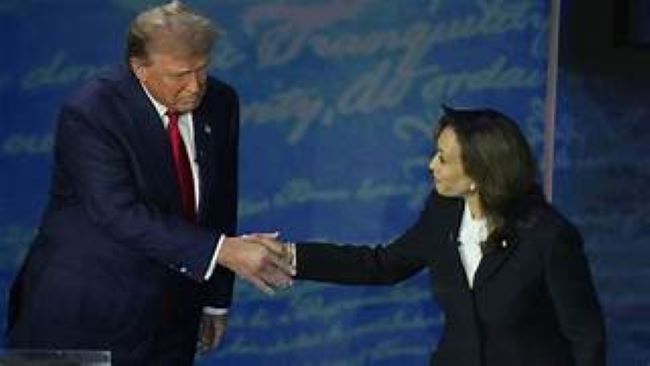

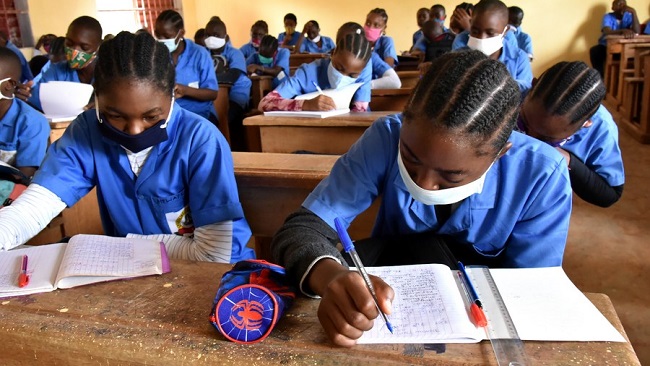

















13, September 2024
Senegal’s president dissolves parliament to call a snap legislative election 0
President Bassirou Diomaye Faye of Senegal dissolved the opposition-dominated parliament on Thursday, paving the way for a snap legislative election six months after he was voted in on an anti-establishment platform.
The new election has to take place within the next 90 days, according to the country’s constitution. Analysts say that Faye’s political party, PASTEF, has a high chance of securing a majority, given his popularity and his victory margin in the presidential election.
Faye, 44, won the vote in April to become Africa’s youngest elected leader, less that two weeks after he was released from prison.
His rise has reflected widespread frustration among Senegal’s youth with the country’s direction — a common sentiment across Africa, which has the world’s youngest population and a number of leaders accused of clinging to power for decades.
During the presidential campaign, he promised widespread reforms to improve the living standards of ordinary Senegalese, including fighting corruption, reviewing fishing permits for foreign companies, and securing a bigger share from the country’s natural resources for the population. He was elected with 54% of the votes.
But six months later, these pledges have yet to materialize.
Faye and Ousmane Sonko, the country’s prime minister and a popular opposition figure who helped catapult Faye to victory, have blamed the parliament. Their political party, PASTEF, does not hold a majority in the assembly, which Faye says has blocked him from executing the promised reforms.
In June, the Benno Bokk Yakaar coalition led by the former President Macky Sall cancelled a budgetary debate in a dispute over whether Sonko was required to issue his government’s policy roadmap, with Sonko arguing that he was not required to.
The tensions between the government and the parliament are “unprecedented,” Alioune Tine, founder of Afrikajom think tank, told The Associated Press. “It is all the result of the dysfunctions of the electoral process of the 2024 presidential election,” Tine said.
Faye’s decision to dissolve the national assembly does not come without risks, Gilles Yabi, political analyst and founder of WATHI think tank, told the AP.
The assembly has until the end of December to vote on the budget for next year, but new legislative elections might make it hard to meet this deadline.
The presidential election in April tested Senegal’s reputation as a stable democracy in West Africa, a region rocked in recent years by coups and attempted coups.
Both Faye and Sonko were released from prison less than two weeks before the vote following a political amnesty announced by outgoing President Macky Sall. Their arrests had sparked months of protests and concerns that Sall would seek a third term in office despite term limits. Rights groups said dozens were killed and about 1,000 were jailed.
Over 60% of Senegalese are under 25, and 90% work in informal jobs. Senegal has been hit by skyrocketing inflation in recent years, making it difficult for them to get by.
The country is also the major source of irregular migration to Europe, with thousands leaving every year on rickety, artisanal fishing boats in search of economic opportunities.
Thursday’s announcement came days after one such boat carrying almost 90 people capsized, killing at least 39.
Source: AP